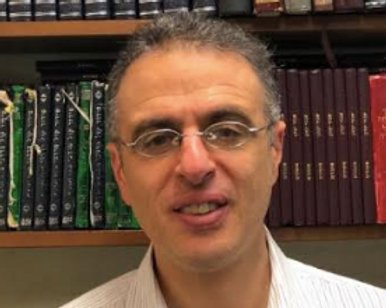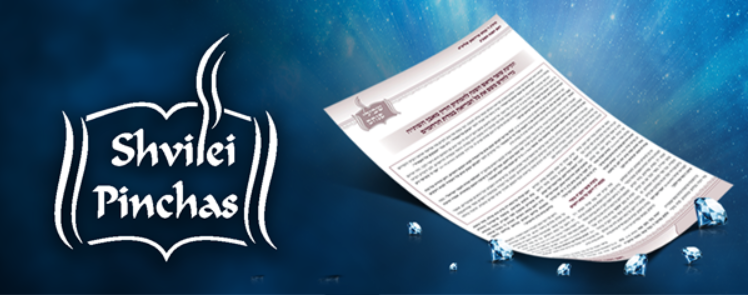The Translation of Pesach

If you ask anyone how to translate the name of the holiday of Pesah, the answer that you will invariably receive is Passover. Is that the only way to translate the name of the holiday? How did the earliest translations translate the word Pesah? Throughout the Torah Onkalos (2nd century) translates the word Pesah simply as Pis-ha whether it is referring to the holiday or to the offering(sacrifice).That translation is just an Aramaic version of the Hebrew word Pesah. However in three verses (Shemot 12:13, 23, 27) when the word is used in it’s verb form of Pasah (or UPhasahti) Onkalos translates it as Has/Yehus/Ehus, which all mean to have compassion or mercy.
In fact in verse 27 Onkalos even translates the offering (Zebah Pesah) as” Debah Hayas”, an offering of mercy. This translation was later attributed to R Yonatanin the Mekhilta and supported by Yesha’yah 31:5. Following Onkalos and R Yonatan in the Mekhilta, Rab Sa’adyah Gaon (early 10th century) translated UPhasah Hashem ‘Al HaPetah (12:23) as Hashem had mercy on who was inside. Rab Sa’adyah also translated the Pesah offering (12:27) as “Zebah Hemlah “(an offering of mercy). We find the same explanation of Pesah in Ibn Ezra’s commentary on Shemot 12:27 (also supported by Yesha’yah 31:5). He also quotes Rab Sa’adyah Gaon’s commentary (that differs from his translation) which explains Pesah as “passing over”.
Rashi brings two explanations for Pesah. The first one is mercy and the second one is passing over (Abarbanel also quotes both explanations). The explanation of passing over is also found in the Rashbam and Hizquni. (passing over was originally recorded in the Mekhilta in the name of R Yoshiah).
When we examine the early authoritative sources,we find that the explanation of mercy for Pesah is prominent. Onkalos’ translation of the Torah is mentioned in the Talmud (Megilah 3a) and is described as having been done based on the instructions of R Eli’ezer and R Yehoshua’(Rabbis from the Mishnah). Furthermore HaRambam praised Onkalos in the Guide to the Perplexed (1:27) and stated that his translation of certain verses of the Torah is “a remarkable proof of this great man’s(Onkalos) talents,the excellence of his version, and the correctness of his interpretation” (translation by M Friedlander pg 36). So when we read the paragraph of Pesah Shehayu Abotenu in the Haggadah that quotes verse 12:27 (Shemot) that begins “VaAmartem Zebah Pesah Hu LaShem” (and you will say this is a Pesah offering to G-d) we should bear in mind the translation of the great authorities that interpret it as an offering of mercy.
And when we read the continuation of that verse (Asher Pasah ‘Al Batte’ B’ne’ Yisrael B’Missrayim…) we should be aware of the translation of; Hashem who had mercy upon the houses of the Israelites in Egypt…With this understanding we could view the holiday as commemorating Hashem’s compassion and mercy on the Jewish People, and our observance of the holiday as a means of invoking Hashem’s mercy upon us each year until the coming of the Mashiah speedily in our days!
Mr. Morris Arking teaches Halachot and classes in the community for the past 15 years, including a daily Halachah class in Bnei Yosef in Brooklyn, NY.









